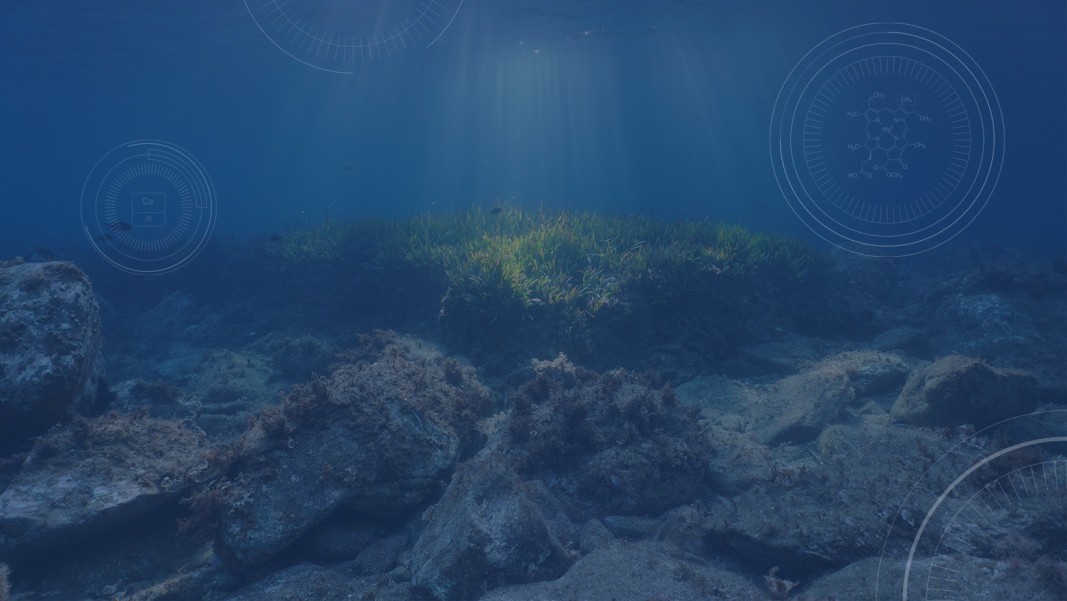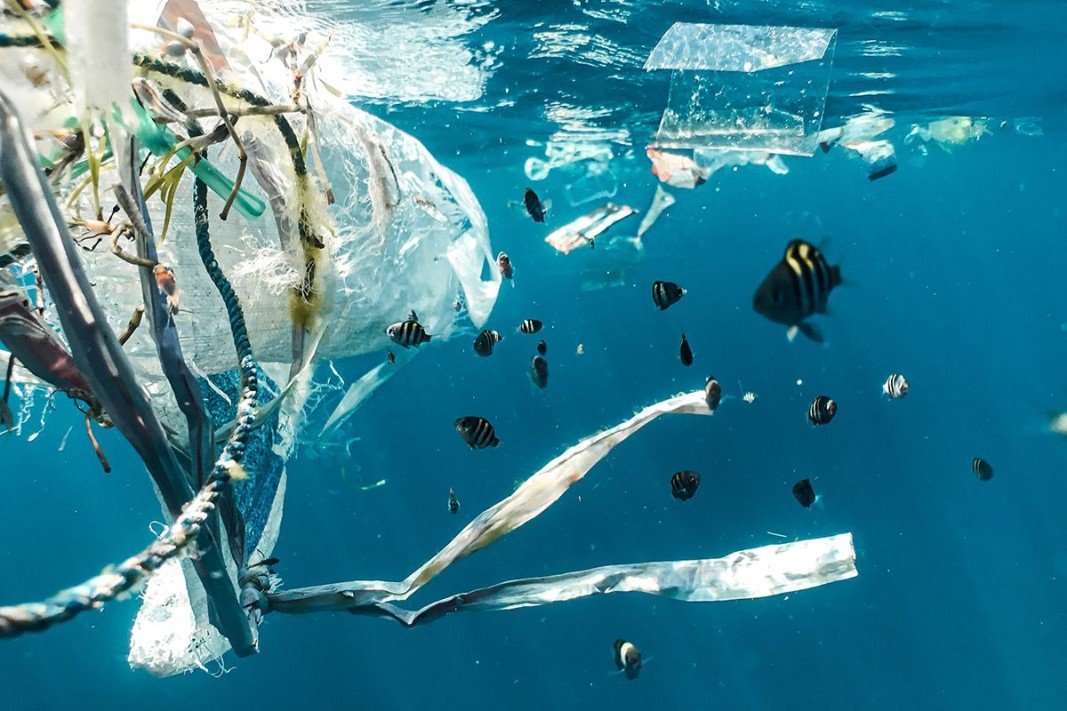A team of scientists from the Technical University in Varna is taking part in a large-scale project called Iliad for creating a digital twin of the world ocean to enable simultaneous communication with real world systems and models. Based on the information collected by artificial intelligence, decisions can be made to improve ship navigation. The efforts of researchers from 18 countries are funded under the European Commission’s Horizon 2020 Research and Innovation programme, the overall budget for the project totaling EUR 19 million.
It is the task of the Bulgarian team of researchers to develop a digital twin of Varna Bay, Varna Lake, (in the country’s Northeast) and the navigation channels that connect them, to improve ship navigation safety during unfavorable weather conditions. This will reduce the time when the Varna Port and shipping channels to Varna Lake remain closed due to unfavourable weather conditions.

“Artificial intelligence is used for risk assessment,” says Prof. Todor Ganchev head of the Bulgarian research team. “We are developing an instrument with the help of which, within a small range – for instance 1 kilometer – we can assess visibility, the force and the direction of the wind, and in this way, create a digital risk map. With the help of a such a map, traffic managers will know which maneuvers to allow. Another function of our system is that it can monitor strange objects in the water – a fallen container, or, God forbid, a mine, or just a swarm of jellyfish. In a simulated environment we play out, in real time, all risks and create an instrument dispatchers can use to make informed decisions.”
The artificial intelligence laboratory at Varna’s Technical University is also working on other projects, under European and national programmes, in various fields. One of them is how technologies take into account the state a person is in at any given moment – whether they are paying attention, whether they are focused, their emotional state and cognitive capacity.

“Technologies are so advanced that the human body is integrated with them,” Prof. Todor Ganchev says in an interview with BNR-Varna. “Something could be applied, for example, in the treatment of locomotor problems, to replace missing limbs, and sometimes – to compensate for mental deficits. Technologies as such are neither good nor bad, to a great extent that depends on how humans decide to use them.”
Prof. Ganchev says that artificial intelligence should be used as a complementary technology in decision-making. “At this point there are deficits connected with the integration of society’s social and moral framework,” he explains. And the most important deficit is that we do not have a universal mechanism that can distinguish between good and evil.

“Technologies are an instrument people should use to improve their quality of life and to advance society,” Prof. Ganchev says. “And as there exist a great many dangers, a European network has been in place for three years aimed at creating artificial intelligence that will, first, be predictable, and second, be benign and entirely designed to be of help to humans. The efforts of this community aim to put in place standards and regulations in research in the field of AI.”
It is a proven fact that within any system humans are usually the most unreliable element, because they demonstrate a minimum of 20% uncertainty in everything they do. Whereas emotion-free machines make much fewer mistakes. At the same time, scientists say there are three categories of technologies – technologies that are much better than humans (for example data processing and storage), technologies that equal human abilities, and technologies that are dominated by us. Fortunately for the human race, it is still dominant in seeking solutions to poorly-defined tasks, but also in spheres like art which require creativity and a spirit of exploration.
Interview by Doroteya Nikolova, BNR-Varna
Editing by Diana Tsankova
Photos: ocean-twin.euOborishte District organized an event called "The Big Table". It is held under the motto "Bring Food. Meet Your Neighbor". On Saturday, the communal table closed Exarch Joseph Street in central Sofia. A 60-meter-long table brought neighbours, guests..
"BG Be Active"Association invites NGOs, sports clubs and educational institutions to encourage the organization of clean-up events and educational talks in connection with the campaign "NO to illegal dumping", with a focus on water..
On 27 and 28 July, the village of Balgarevo, the largest village in the municipality of Kavarna, will host the 17th Melon Festival . The event, which takes place in the school park, is already a tradition for Balgarevo. The festive programme on both..
On 27 and 28 July, the village of Balgarevo, the largest village in the municipality of Kavarna, will host the 17th Melon Festival . The event, which..
Oborishte District organized an event called "The Big Table". It is held under the motto "Bring Food. Meet Your Neighbor". On Saturday, the communal..
"BG Be Active"Association invites NGOs, sports clubs and educational institutions to encourage the organization of clean-up events and..

+359 2 9336 661
